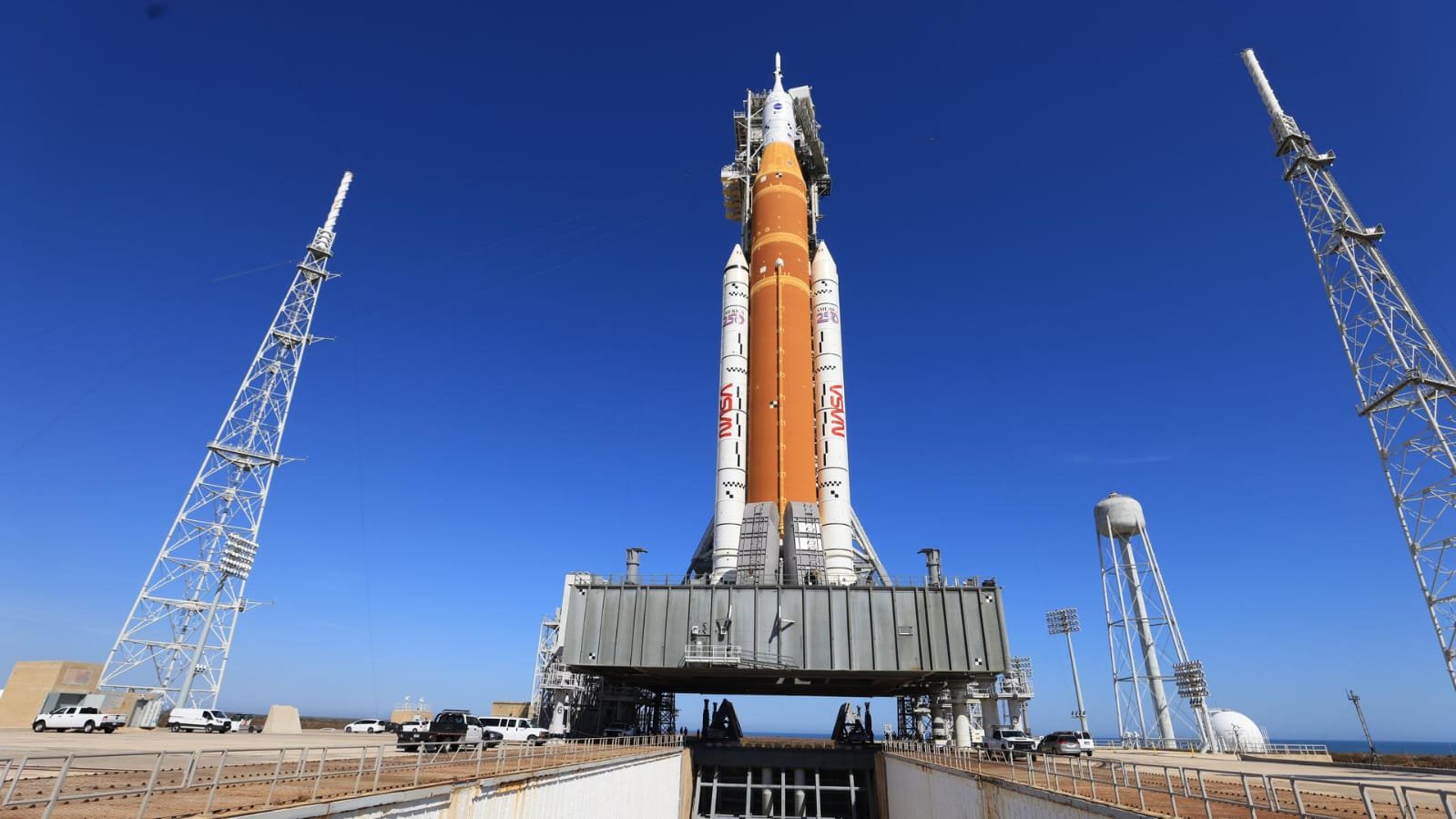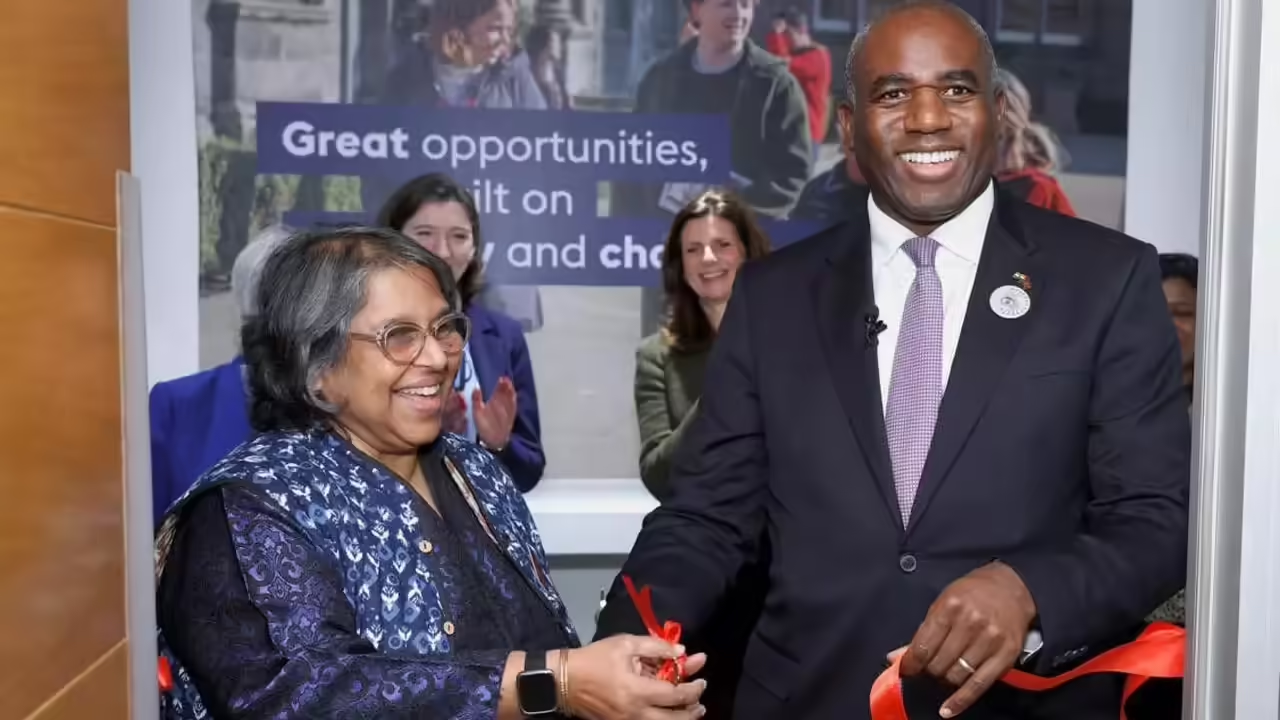Without the mobility, speed and power of these magnificent creatures, the history of mankind would almost entirely be no more than a barren landscape. Not much to talk about it, leave aside writing it down for posterity.
By opening up unknown frontiers over land, horses have powered history in the most extraordinary ways, under the most exacting circumstances and conditions; decidedly the most earth-shaking, pivotal events across Time. Clearly then, their role as man’s most trusted ally is irrefutable and beyond doubt.
The possibility shifts from assumption to almost certainty that without the mobility, speed and power of these magnificent creatures, the history of mankind would be no more than a barren landscape. Not much to talk about it, leave aside writing it down for posterity.
True, intrepid, seafaring explorers have been a powerful catalyst in shaping world history, too. This is particularly true of men who risked everything against uncharted seas and mighty oceans to completely change the face of the world with far-reaching consequences.
Notably among them, men like Ferdinand Magellan, first man to circumnavigate the world (1522), Christopher Columbus, the first European to set foot on North America (1492), Vasco Da Gama, the first European to reach India by sea (1498), or Captain James Cook, of the British Royal Navy, the first European to see and chart the east coast of Australia (1770), stand out as historic milestones that opened up the world to progress and change.
Riders in the wind
But most people will agree, that sea voyages of those days lacked the fire, fury and pace of overland journeys and conquests. Although other animals such as donkeys, mules, bullocks, camels or elephants have proved useful for transport, travel, agriculture or war, they pale away significantly before the resilience and intelligence of horses.
Nothing stirs the senses or fires the imagination than horses at full gallop with riders astride, moving in a blur of thundering hooves, flaring nostrils, and wildly tossed manes, outpacing the wind.
This animal more than any other, stands out as the most perfect and enduring symbol of sheer magnificence, power, grace, passion and strength. While most people assert that dogs are man’s best friends. But there are other who would hotly debate this fact, citing the incredible intelligence of horses together with their uncanny ability to empathise, respond, or communicate.
Anybody can see that both are made for each other, as if fused together in a perfect picture of strength skill and grace, in unison, and in harmony.
But by far the most moving account of a horse’s bravery and faithfulness comes from India. The sacrifice of Maharana Pratap’s horse, Chetak, is kept alive even today through soulful poetry, stirring ballads, commemorative plaques and statues.
How can anyone overlook the might and sway of Mongol hordes, that ranged across the steppes of Central Asia on their horses, or the chilling fear and dread of Atilla the Hun and his bloodthirsty marauders. And most importantly the recurring waves of invasion and subsequent domination by invasions from the Middle East.
Alexander the Great of Macedonia’s (present-day Bulgaria) invasion of India in 326 BC is regarded as a watershed event in Indian history. It is one that led to increased cross-cultural exchange and influences between South Asia and Greece, and rests solely on horse-power. Tales of Alexander’s horse Bucephalus are legendary.
But by far the most moving and poignant account of a horse’s steadfast valor and faithfulness comes from India. The overwhelming army of Mughal Emperor Akbar faced an unbeatable adversary in Rajput ruler Maharana Pratap at the Battle of Haldighati, in north-west Rajasthan, India.
But beyond Rajput valour what is remembered even to this day is the sacrifice and bravery of the Maharana’s horse, Chetak. Mortally wounded he carried his master safely for 50 miles at full gallop, before he collapsed and died because of heavy bleeding and exhaustion, after a near-impossible journey.
An eternal and unforgettable legacy
Here are some memorable anecdotes of horses that will ever remain timeless and treasured.
Alexander’s horse Bucephalus is buried in Pakistan. At the time of the hard-fought, historic battle with King Porus of Punjab, along the banks of the Jhelum River, the horse was mortally wounded. India then was a single country, a sub-continent later riven in two by the 1947 Partition. The horse had been Alexander’s constant and faithful companion for over 20 years, particularly in all of his military campaigns and expedition.
To understand the soul of a horse is the closest human beings can come to knowing perfection and that a horse is poetry in motion.
Two famous horses confronted each other at the Battle of Waterloo in 1815. One was Marengo, the horse of Napoleon Bonaparte and the other, Copenhagen, the Duke of Wellington’s horse.
The Battle took place in Belgium, near the village of Waterloo, about 20 kilometers south of Brussels. The Duke’s forces won the battle. It was a crushing defeat for the French. succinctly captured and now often used as a metaphor. It gave rise to thee the phrase “met his Waterloo” which means to experience a final, decisive defeat, , often with a significant and irreversible loss.
Julius Caesar’s horse, Asturcone was unique because it had a cleft hoof, an unlikely characteristic for a horse. It was prophesied that whoever rode him would become lord of the world. Caesar rode him in the famous battle of the Rubicon; He dedicated a statue to commemorate the horses death in front of the temple of Venus Genetrix.
In conclusion I recall the words of a writer who has aptly said: To understand the soul of a horse is the closest human beings can come to knowing perfection. and that a horse is poetry in motion.








